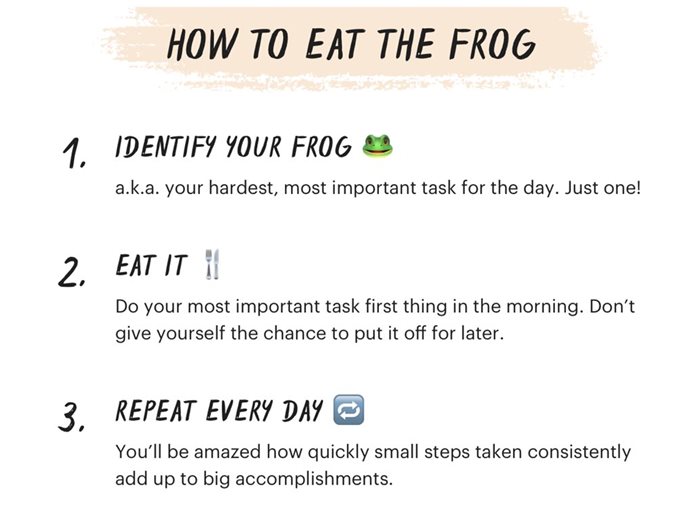Entrepreneurs have it tough. The world is a harsh place for dreamers who want to make a difference. That's why Bizcommunity created this Q&A series where successful entrepreneurs share their secrets and tips from a life of navigating the pitfalls that come with an innovative mind. You'll learn from their mistakes, their successes, and their wisdom.

Laura Thomas. Source: Supplied
Laura Thomas, founder of Salt&Candy, has a crazy CV. First there’s the hard skills: neurolinguistics and copywriting. Then there are the brands she has influenced through an illustrious career: Samsung, Castle Lite, Game of Thrones, British Airways, Coca-Cola RockCorps.
Those are only a few of the many experience pools she has dipped a finger in. It’s been a wild ride and she has seen the internal mechanics of multiple successful businesses, and worked alongside hundreds of talented people who built those businesses.
What are some key skills or areas of knowledge that entrepreneurs should prioritise developing?
You’re probably expecting me to tell you about some latest software or online course you should do, but I’m going to go for the skill of humility. While traits like confidence, determination, and vision are often associated with successful entrepreneurs, I believe humility plays a crucial role in long-term growth and effectiveness as a leader.
Humble entrepreneurs are open to learning from others, seeking advice, and acknowledging that they don't have all the answers. They create a culture where team members feel valued and empowered, fostering collaboration and creativity.
They are also better equipped to handle failures and setbacks, as they don't view them as personal reflections of their worth. Instead, they see these experiences as opportunities for growth and learning.
There’s an empathy that helps them create products and services that genuinely address customer problems, increasing the likelihood of success.
It's important to note that humility should not be confused with self-doubt or lack of confidence. Humility in entrepreneurship means recognizing one's strengths and weaknesses, being receptive to feedback, and treating others with respect and appreciation.
Finding the right balance between confidence and humility can make an entrepreneur more approachable, adaptable, and ultimately, more successful.
Can you share some tips or strategies for entrepreneurs to effectively manage and navigate through challenges and setbacks?
1. Accept that they are inevitable.
2. Rule of thumb is that if you can make it past year 3, you’re going to be ok. I wouldn’t bank on it. I only started really seeing growth 3 years ago and I have owned and run my business for 10 years!
3. Hope for the best and prepare for the worst.
What are some key pieces of advice you often provide to entrepreneurs when it comes to building and growing their businesses?
Here are some home truths that caught up with me quickly early on:
● Banks in South Africa rarely support startups. If you think you’re getting a loan just because you’ve got your CIPC docs in order, you are very wrong.
● Sars are serious people and seeing them calling you ignites a fear that can only be compared to what people must feel when Devi from Carte Blanche knocks on your door.
● Focus on continuous personal growth and self-improvement. Investing in yourself will positively impact your decision-making and leadership abilities – those sacrifices, financial or other, are good debt.
● Talking about debt, if you are actually able to get some sort of loan, be very clear about what you are going to be spending it on. There’s good debt and there’s bad debt. Make sure you structure a repayment plan as well as shop around for better interest rates.
● Instead of fearing competition, learn from them. Analyse their strategies, strengths, and weaknesses to identify opportunities for your business.
● Clearly understand your purpose and passion behind starting the business. Knowing your "why" will keep you motivated during challenging times and help you make decisions aligned with your vision.
What steps or actions do you recommend entrepreneurs take to effectively manage their time and prioritise tasks?
1. Understand yourself and your own rhythm first.
2. Make sure that wherever you’re working from is set up in advance.
3. Eat the frog. Focus on one important task each day.

Summary: how to eat the frog. Source: Todoist
What are some key marketing trends and strategies that SMEs should be aware of in order to stay competitive and grow their businesses?
I recently attended London Tech Week and these were my key take aways after attending 20+ talks from industry leaders in tech from around the world. My key take-outs:
Whatever your industry, innovation is important, but purpose-driven innovation is essential.
By creating a clear mission statement and reinforcing it with a mantra, you and your team can stay motivated and focused, even during challenging times.
Educating yourself and/or your team on the importance of impact and scalability is essential for a social impact company.
Having a Northstar and aligning key performance indicators (KPIs) with your businesses mission can helps drive purpose-driven innovation.
AI is a game-changer for entrepreneurs
Getting on board with AI early can give you a real edge over the competition.
Bringing AI into your business is like having a secret weapon. It'll help you outperform your rivals, streamline your operations, and deliver those knock-your-socks-off customer experiences. So, put on your AI-thinking cap, approach it thoughtfully, and watch your business soar to new heights!

































